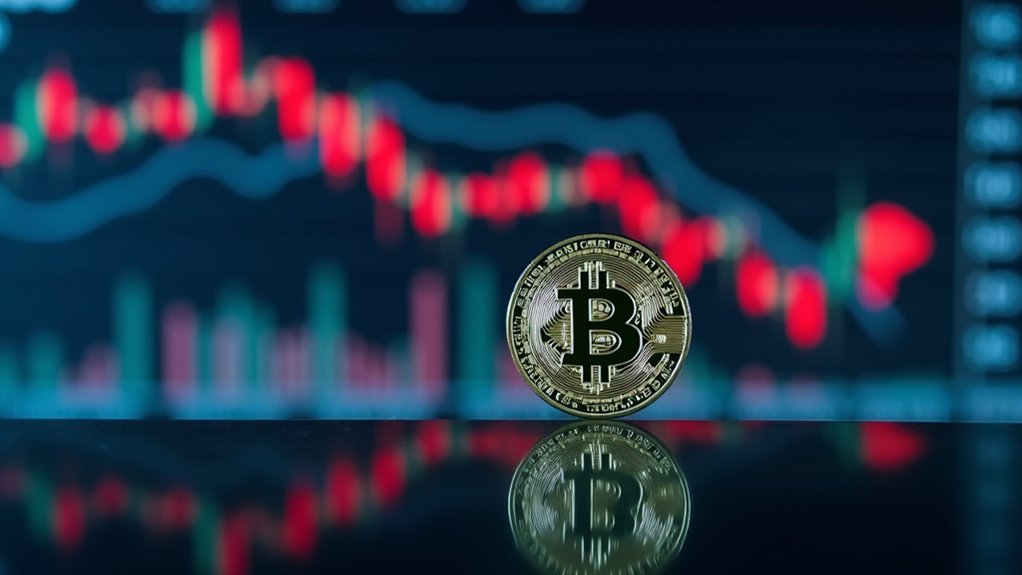The halting of approximately $500 million in FTX distributions, frozen amidst a labyrinth of global crypto restrictions and legal entanglements, exposes the stark reality that regulatory fragmentation and geopolitical posturing are more than mere inconveniences—they are active saboteurs of creditor recoveries, particularly when 82% of these funds are ensnared by China’s draconian crypto prohibitions, underscoring how opaque enforcement and offshore evasions have transformed a purportedly global insolvency process into a bureaucratic quagmire riddled with contested claims and mounting distrust. This morass illustrates that regulatory challenges are not incidental hurdles but systemic barriers deliberately weaponized by jurisdictions keen to assert dominance or dodge accountability, turning cross border litigation into an expensive, protracted chess game where creditors are the pawns sacrificed amid conflicting legal doctrines and nationalistic crypto bans.
FTX’s Recovery Trust faces the Sisyphean task of steering through these minefields, unable to proceed with distributions to banned jurisdictions without risking foreign legal reprisals—a cost burden unfairly imposed on already aggrieved stakeholders. The trust’s reliance on formal legal opinions to parse ambiguous statutes reveals a glaring absence of coherent international frameworks, leaving distributions entangled in jurisdictional disputes that serve only to delay justice. The refusal or inability of nearly 400,000 claimants to meet Know Your Customer protocols further muddies the waters, providing convenient pretexts to deny payouts and fuel skepticism about the trust’s impartiality. Moreover, the distribution process itself involves complex handling of multiple claim classes, such as Class 5 Customer Entitlement Claims, complicating payout logistics.
China’s crypto crackdown, in particular, epitomizes the geopolitical bludgeoning of insolvency recovery, where VPN-enabled offshore accounts expose a paradox: clients’ attempts to circumvent bans only deepen their legal limbo, ensuring their funds remain frozen indefinitely. The majority of affected claims originate from China, which accounts for approximately 435 million dollars of the frozen assets, illustrating the scale of the impasse. This impasse spotlights the urgent need for harmonized global standards, lest creditor recoveries continue to founder on the rocks of regulatory inertia and jurisdictional brinkmanship.









